this post was submitted on 21 Oct 2023
512 points (98.9% liked)
Linux
48333 readers
657 users here now
From Wikipedia, the free encyclopedia
Linux is a family of open source Unix-like operating systems based on the Linux kernel, an operating system kernel first released on September 17, 1991 by Linus Torvalds. Linux is typically packaged in a Linux distribution (or distro for short).
Distributions include the Linux kernel and supporting system software and libraries, many of which are provided by the GNU Project. Many Linux distributions use the word "Linux" in their name, but the Free Software Foundation uses the name GNU/Linux to emphasize the importance of GNU software, causing some controversy.
Rules
- Posts must be relevant to operating systems running the Linux kernel. GNU/Linux or otherwise.
- No misinformation
- No NSFW content
- No hate speech, bigotry, etc
Related Communities
Community icon by Alpár-Etele Méder, licensed under CC BY 3.0
founded 5 years ago
MODERATORS
you are viewing a single comment's thread
view the rest of the comments
view the rest of the comments
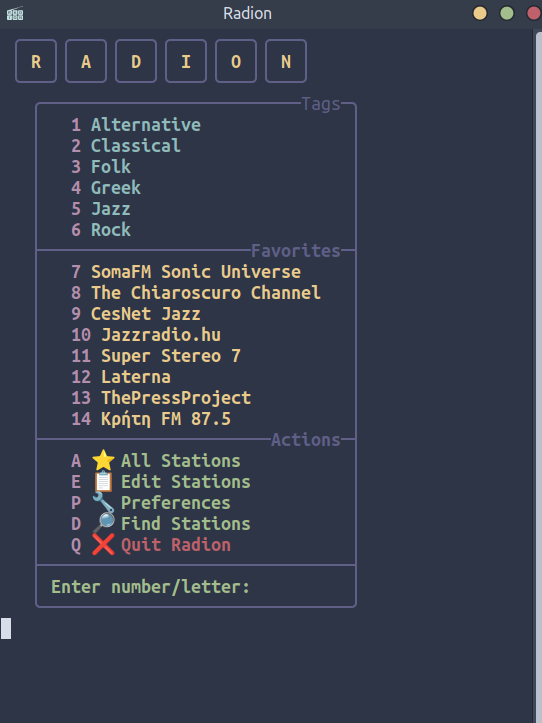
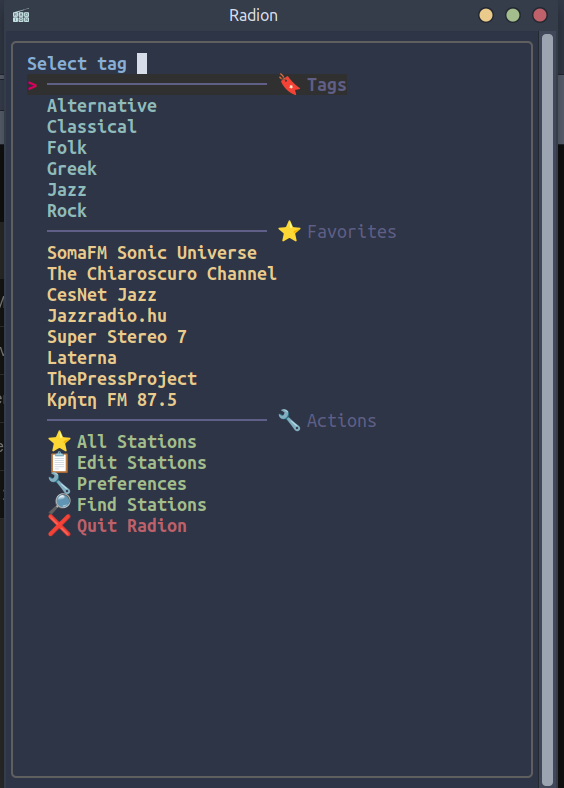
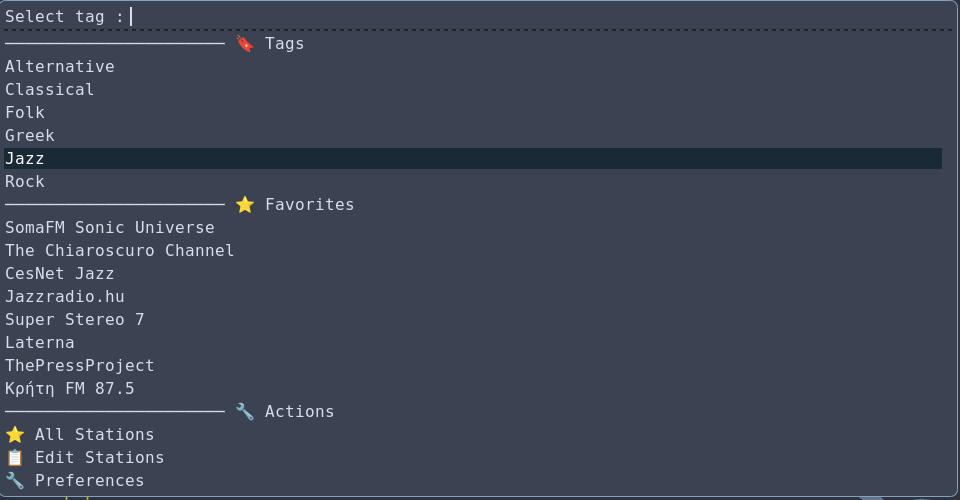
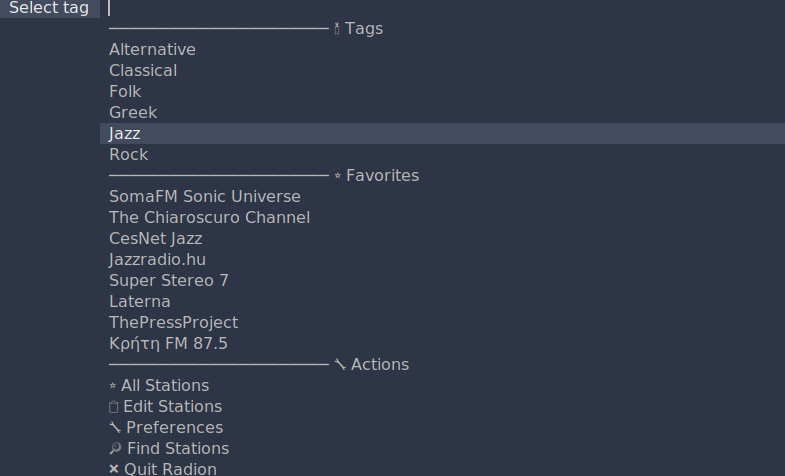
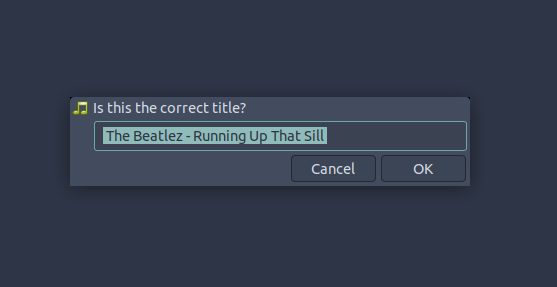

It's not like I don't use open source solutions, I use docker for example rather than automating chroots/cgroups by hand in bash. I just use them as little as possible. While you're correct, I don't lose data in a well designed open source project, I do lose work, workflow, and convenience when those projects change or shut down. What's really nice about the pure bash solutions is they're entirely portable once you have them dialed in. If I wanted to switch from docker back to vms or forward to something like harvester/rancher/k3s I'd be able to port the projects very trivially. If I built everything around one of those projects in mind, all of my work would rely on it not changing. I acknowledge it's sometimes a little more work but it's work that I get to decide when to do, not when the project maintainers decide it for me.